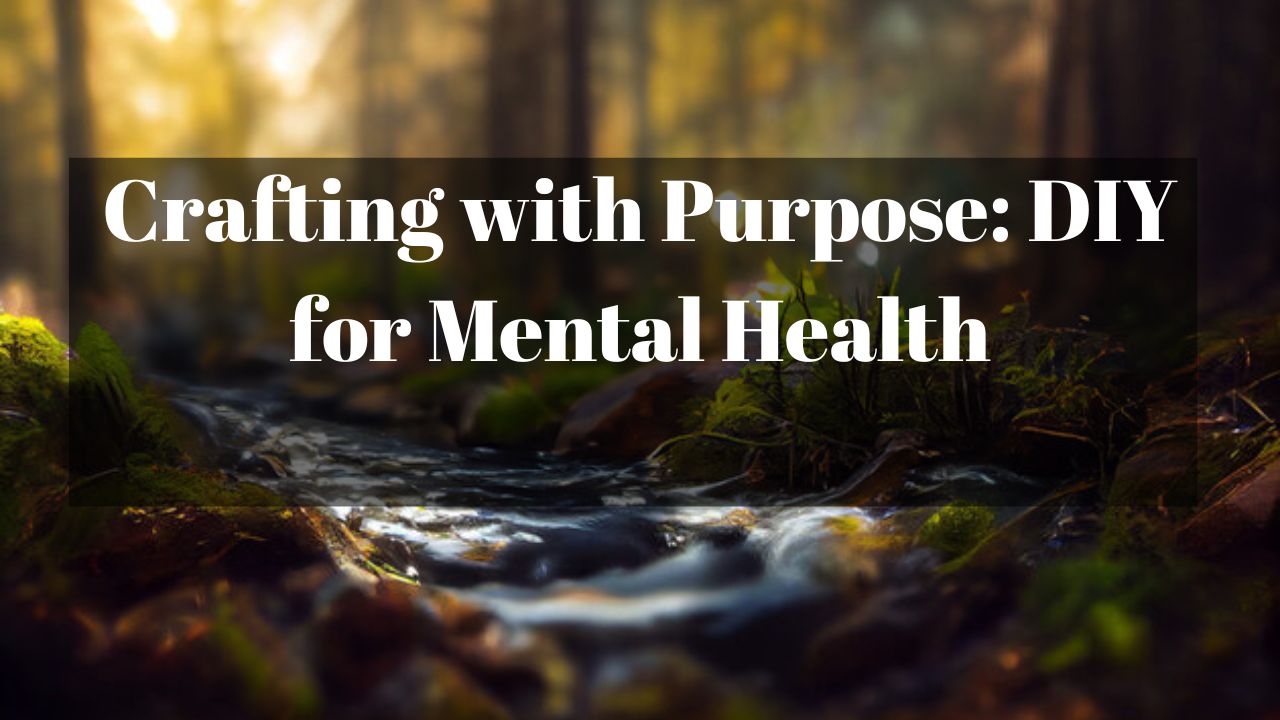The Science of Sleep – Tips for a Restful Night
Sleep is a fundamental part of our lives, essential for physical and mental well-being.
During sleep, our bodies repair, our minds consolidate memories, and we wake up refreshed and ready to face the day.
Unfortunately, sleep is often elusive in our busy lives. This article will delve into sleep science and provide practical tips to ensure a restful night’s sleep.
Understanding the Sleep Cycle
Before we dive into sleep tips, it’s essential to understand the sleep cycle. Sleep is not a continuous state but a series of processes consisting of two main phases: Rapid Eye Movement (REM) & Non-Rapid Eye Movement (NREM).
NREM Sleep: This phase has three stages: light sleep (Stage 1) and deep sleep (Stage 3). During NREM sleep, the body repairs & regenerates tissues, and the brain consolidates information.
REM Sleep: REM sleep is associated with vivid dreaming, and the brain is highly active during this phase. It is believed to play a role in learning and memory consolidation.
A full sleep cycle typically lasts around 90 minutes & repeats several times throughout the night.
Tips for a Restful Night’s Sleep
Now that we have a basic understanding of sleep, let’s explore some practical tips to ensure a good night’s sleep:
-
Maintain a Consistent Sleep Schedule
Try to go to bed & wake up simultaneously every day, even on weekends. This helps regulate your body’s internal clock, making it easier to fall asleep & wake up naturally.
-
Create a Relaxing Bedtime Routine
Establish a calming pre-sleep routine that signals your body that it’s time to wind down. Activities like reading a book, and taking a warm bath, or practicing relaxation techniques can be beneficial.
-
Pay Attention to Your Sleep Environment
Create a sleep-conducive environment in your bedroom:
- Ensure your mattress & pillows are comfortable & supportive.
- Keep the room cool, dark, and quiet.
- Invest in blackout curtains if necessary.
- Remove electronic devices that emit light or noise.
-
Be Mindful of What You Eat and Drink
Avoid heavy meals, caffeine & alcohol close to bedtime. These can disrupt the sleep patterns and make it harder to fall asleep.
-
Get Regular Exercise
Regular physical activity can promote better sleep. However, try to finish your workout a few hours before bedtime to let your body wind down.
-
Manage Stress and Anxiety
High levels of stress & anxiety can interfere with sleep. Practice relaxation techniques like meditation, deep breathing, or progressive muscle relaxation to calm your mind before bedtime.
-
Limit Screen Time Before Bed
The blue light emitted by the phone, tablet & computer can interfere with your body’s production of melatonin, a hormone that regulates sleep. Try to avoid screens at least one hour before bedtime.
-
Watch Your Fluid Intake
While it’s essential to stay hydrated, try to limit your fluid-intake in the evening to reduce the likelihood of waking up into the middle of the night to use the restroom.
-
Don’t Toss and Turn
If you cannot sleep after about 20 minutes, get out of bed and relax in dim light until you feel sleepy. Lying in bed awake can lead to sleep anxiety.
-
Seek Professional Help if Necessary
If you consistently have trouble sleeping despite trying these tips, it may be beneficial to consult a healthcare professional or sleep specialist to rule out any underlying sleep disorders.
Conclusion
Sleep is a major component of a healthy lifestyle, and implementing these tips can significantly improve the quality of your sleep.
By understanding the science of sleep & adopting good sleep hygiene practices, you can enjoy restful nights and wake up feeling refreshed, alert, and ready to face the challenges of the day ahead.
Thanks for visiting Respect Lifestyle











